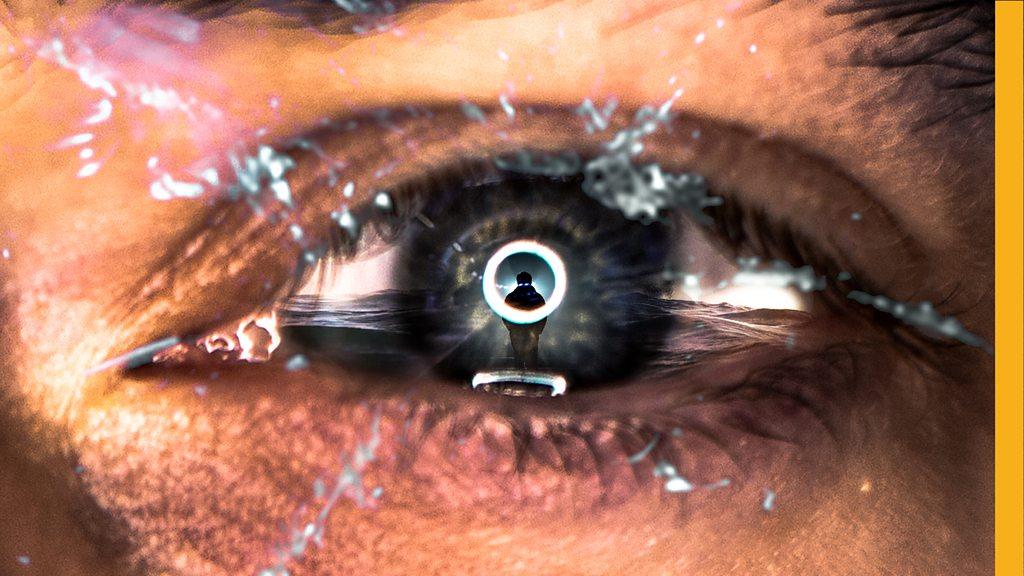Surrey online paedophile activity up by 70% in two years
- Published
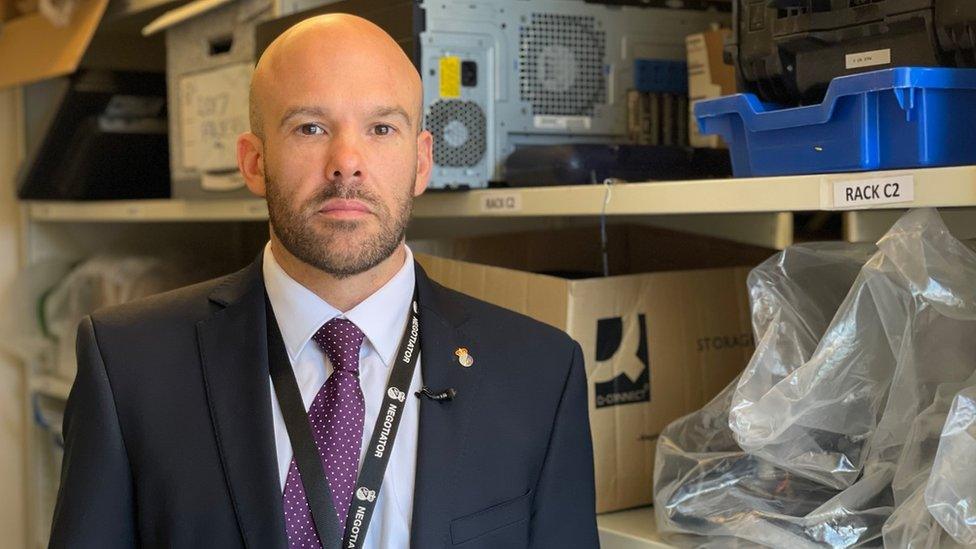
Det Insp Ant Preston has urged parents to beware of "stranger danger" in their own homes
The number of investigations into online paedophile activity in Surrey has increased by 70% over two years, police have said.
Figures went up from 224 referrals in 2019 to 383 in 2021 and continued to stay high, Surrey Police revealed.
A team tackling child sex abuse online had 350 referrals in 2022 and arrested 120 people, safeguarding 86 children.
Det Insp Ant Preston, from the Surrey force, is urging parents to beware of "stranger danger" in their own homes.
He said the rise followed an increase in activity during Covid lockdowns and changes in technology.
Mr Preston said: "In the last two years, we've seen a 70% increase in the amount of work coming into the team. The Covid lockdown has had a significant impact on online offending and also as technology increases detection of these things increases and obviously that means there's more for us to do."
He said tackling child sex abuse was a priority for the force and the team did the majority of its digital forensics work in-house, so it could investigate incidents "comparatively quite quickly".
Expansion of the team to meet rising demand is being considered, he said.

At the scene
By Nikki Mitchell, Home Affairs correspondent, BBC South
I had asked to talk to the team in their normal working environment, but such is the sensitivity of what they do, access to their offices is heavily restricted.
A big notice on the door reads "warning" in big red letters, adding "distressing images may be on display".
I'm relieved I'm not allowed in. I really don't want to see any of the types of horrific images the team has to view day in and day out.
We were allowed to watch the very beginning of a device search though - in a tiny, secure room.


Police carry out an initial manual triage of a phone seized during a warrant before digital forensics work takes place
The Internet Watch Foundation, which hunts down and removes online child sexual abuse, described the issue as "a social and digital emergency".
The IWF said in the first half of 2022 almost 20,000 webpages, external featuring such imagery contained self-generated content by children aged between seven and 10, which is over three and a half times more than in the same period in 2020.
The number of videos or photos made by children aged 11 to 13 doubled in that time.
Susie Hargreaves, IWF chief executive, said: "Child sexual abuse which is facilitated and captured by technology using an internet connection does not require the abuser to be physically present, and most often takes place when the child is in their bedroom - a supposedly 'safe space' in the family home. Therefore, it should be entirely preventable."
She said children were not to blame but were often being coerced, tricked or pressured by abusers on the web.
Related topics
- Published20 October 2022
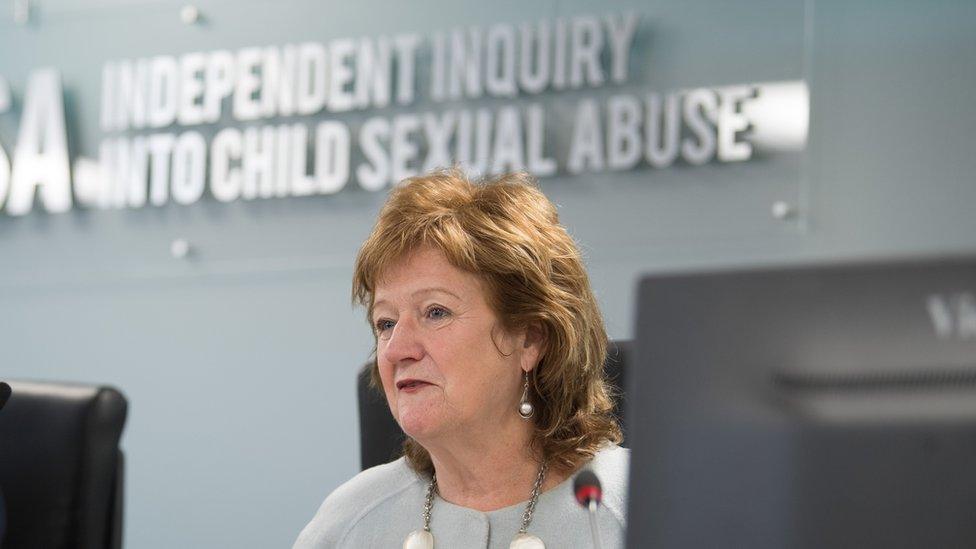
- Published25 April 2022
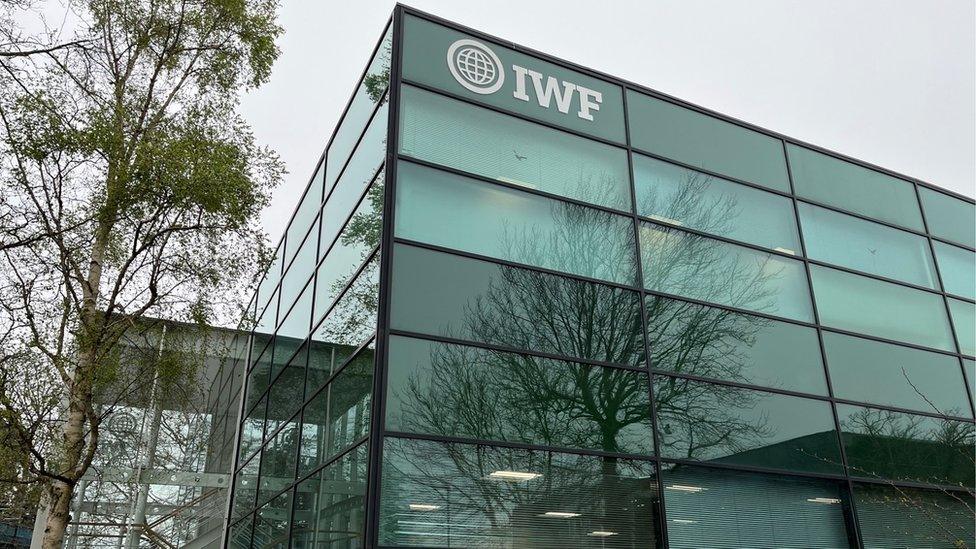
- Published29 May 2020
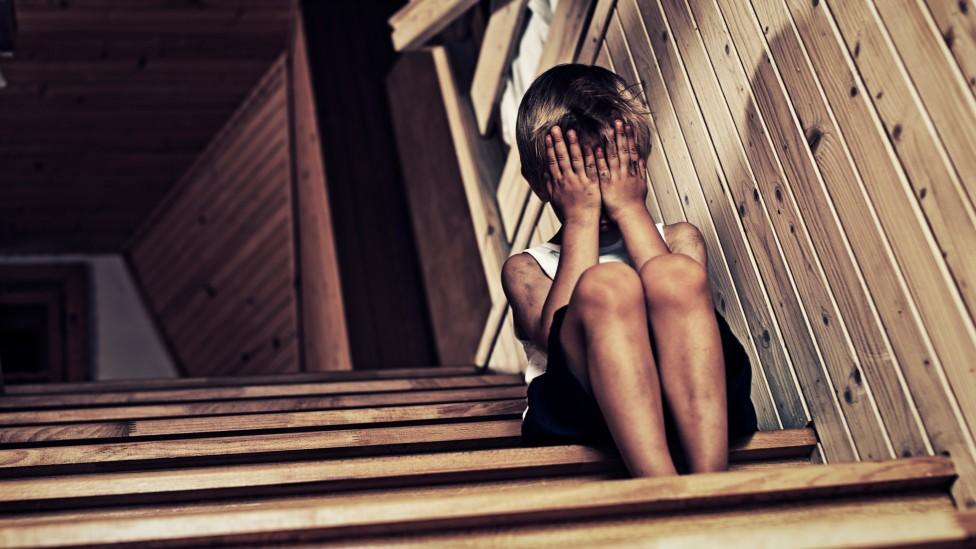
- Published19 December 2019
